Since most houses have asphalt roofs, galvanized nails are considered standard roofing nails, since they are most often used. These types of nails have a zinc coating, which ensures that they stay better against rust. Nails like these will last as long as the roof because they are so durable. When it comes to galvanized roofing nails, the gold standard is hot-dip galvanized nails.
These steel nails are chemically cleaned and then dipped into a vat of molten zinc that sometimes contains some lead. Molten zinc is usually between 815 and 850 degrees. Roofing nails tend to be galvanized, a process that makes stainless steel resistant to rust by coating it with a layer of zinc, which does not rust. Galvanizing is very important when it comes to roofing nails, but even here you have to be careful because there are different types of galvanizing.
Try to find nails that are “hot dipped”, which tends to provide the highest quality of zinc coating. Electroplated nails, on the other hand, tend to lose their coating more easily and are best avoided if possible. The metal from which a nail is made can make a difference not only in how well it holds a tile, but also in how long it lasts over time. The most common types of roofing nails are made of aluminum, stainless steel, galvanized steel and copper.
We don't recommend all of these types, but that doesn't stop some contractors from using them. Different roofing materials require different types of roofing nails. Aluminum nails are good for roofing and metal shingles, but are not recommended for areas where they may be exposed to chemicals or salt. If you live in a coastal area, use stainless steel roofing nails.
Stainless steel nails are also good for fixing tile and slate, or you can work with standard copper roofing nails. Galvanized roofing nails are steel nails that are coated with zinc. They hold better against rust and can also be used for asphalt shingles. For best performance, you should use annular roofing nails made of hot-dip galvanized steel.
Must use 12 gauge or thicker. The length of the nail you use depends on the thickness of the coating and the shingles you use. These nails are a little more expensive than galvanized spiral nails, and they are also more difficult to order,. Roofing nails may seem like a small part of the roof installation, but in reality they are one of the most important elements to get your project right.
We will show you the types, sizes and materials you can choose when choosing a roofing nail. The International Building Code does not specify specific lengths for shanks, but it does state that the nail must “penetrate through roofing materials” and “must not be less than ¾ inch (or 19.1 mm) into the roof sheathing. I'll get bids on a new roof, and some of the roofers want to use a nail gun to install the shingles. Galvanized steel roofing nails, often called “galvanized nails” or “galvanized roofing nails”, are manufactured with a steel base and then coated with zinc chemicals.
There are many different types of nails available, but nails for a roof are specifically designed for driving shingles. Choosing the right roofing nails and placing them correctly is essential to getting the best performance out of your roof. Make sure that your contract with the roofer specifies hot-dip galvanized nails and pay attention to the minimum length required by the tile manufacturer. I have a feeling that I will be out the next day helping to secure my neighbors' roofs because their roofers chose to use the cheapest nails.
A ring shank nail has an extra large head and a blunt shank, which is more suitable for driving through roofing felt and shingles, but does not provide as much traction. Roofing nails are used in roofing installation to fasten shingles, to install roofing felt for waterproofing, and for fixing roof tiles and metal sheets. 11 or 10 gauge roofing nails are also allowed by most building codes as they are thicker and stronger. .
.
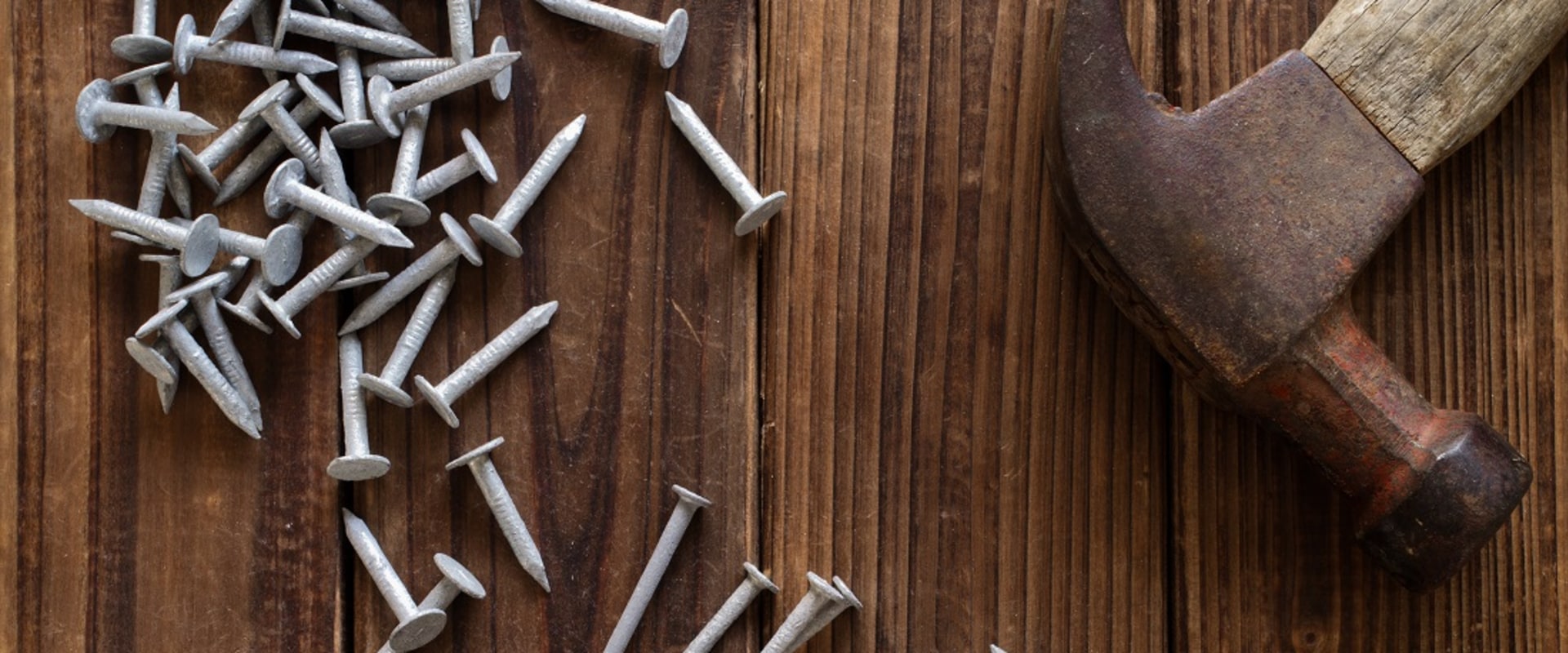
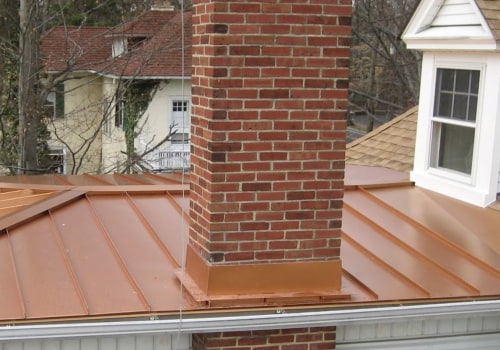
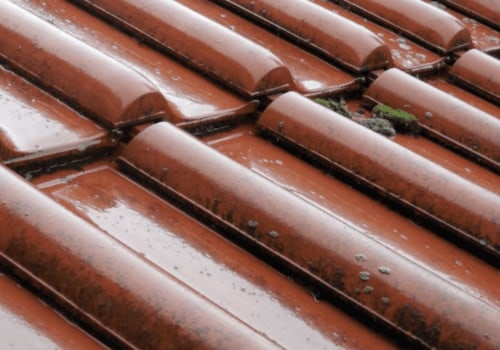
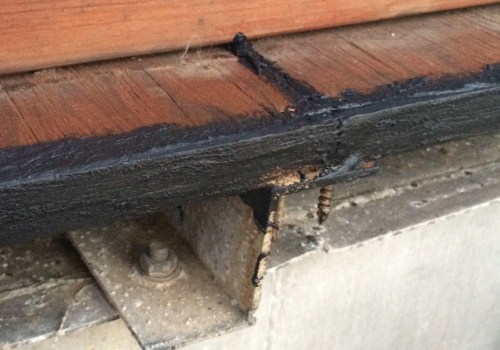
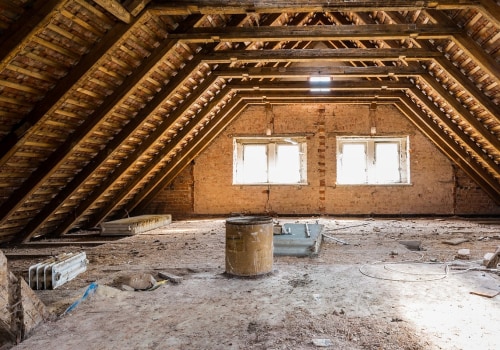



Leave Reply